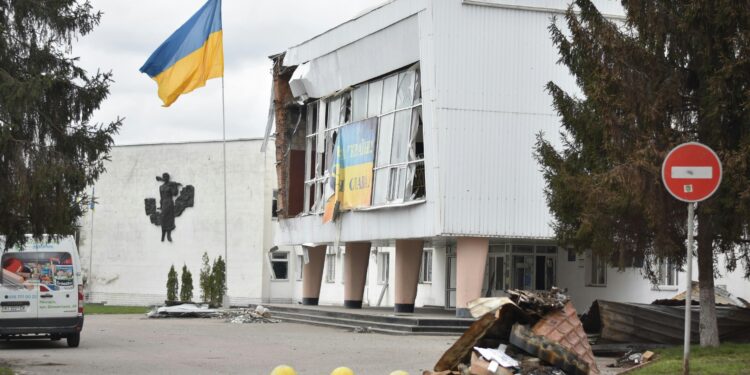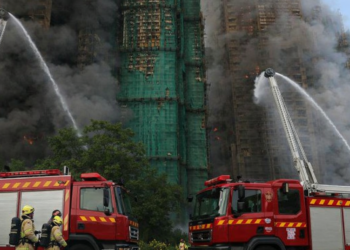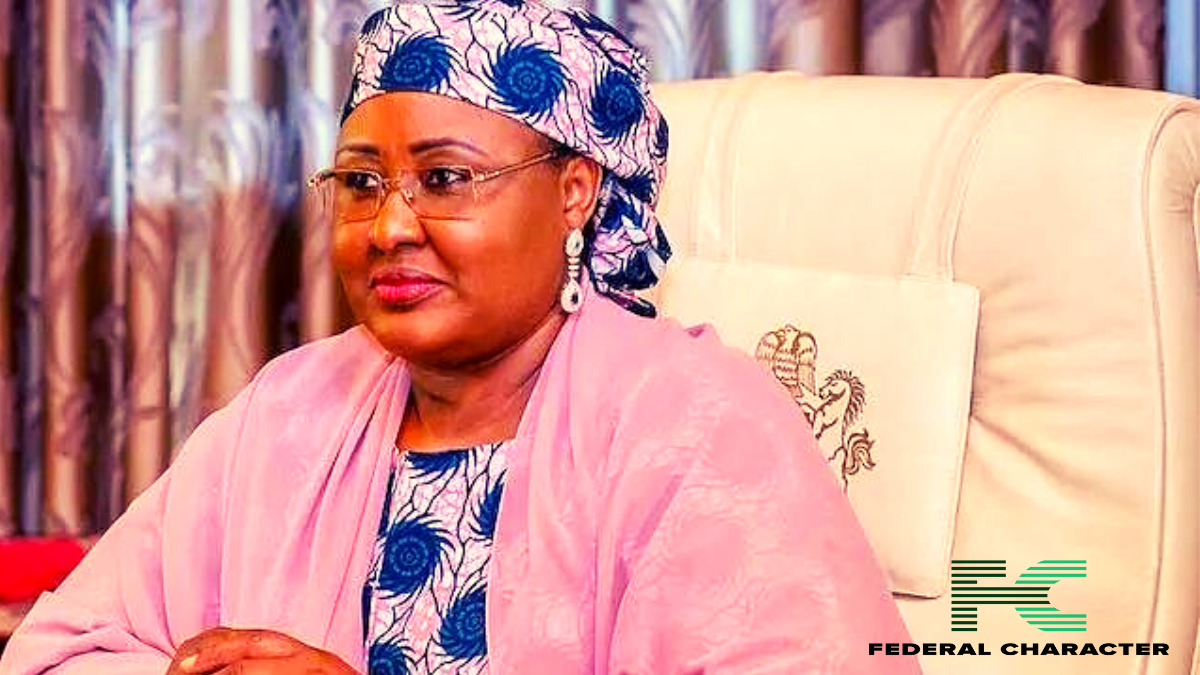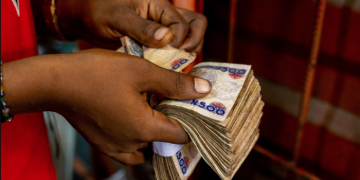The foreign minister of Ukraine was in Beijing on tuesday to discuss ways in which Chinese authorities can assist in putting an end to the war with Russia, as Beijing and Moscow have become closer since the war started.
Unlike the United States and other Western countries, China sees itself as a neutral party in the conflict and claims it is not providing any lethal assistance to any side.
Beijing has never denounced Moscow’s conflict, but NATO members have labelled Beijing as a “decisive enabler” of Moscow’s war due to its expanding “no limits” alliance with Moscow.
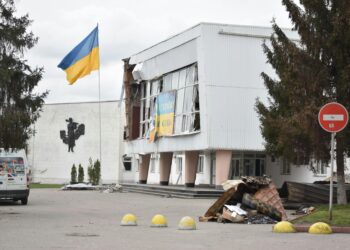
This is the first visit by Ukrainian Foreign Minister Dmytro Kuleba since the start of the war in February 2022.
Kuleba’s visit, according to Kyiv, would centre on methods to stop Russian aggression and China’s possible role in achieving a sustainable and just peace.
Advancing China-Ukraine cooperation and other issues of common interest would be the main topics of discussion.
Speaking on behalf of the foreign ministry, Mao Ning stated, “China always believes that an early ceasefire and a political settlement serves the common interests of all parties.”
She declared, “China will remain on the side of dialogue and peace.” China has made an effort to present itself as a peacemaker in the conflict by dispatching ambassador Li Hui on many “shuttle diplomacy” trips to Europe.
This month, President Xi Jinping advised Viktor Orban of Hungary that international powers ought to assist Russia and Ukraine in resuming direct talks. Orban went on a “peace mission” when he visited Beijing.
Additionally, China published a document last year advocating for a “political settlement” to the dispute.
Western nations, however, attacked it for giving Russia permission to hold onto a large portion of the territory it had invaded in Ukraine.
Beijing has denied that it is aiding Russia in its war effort, stating last week that its stance was “open and above board” and charging that military shipments to Kyiv by the West are what are igniting the crisis.
Beijing, Russia’s strong political and economic ally, boycotted last month’s peace conference in Switzerland in protest because Moscow was not extended an invitation.
During the summit, Volodymyr Zelensky, the president of Ukraine, urged Beijing to take the process of creating peace ideas seriously.
The head of the Carnegie Russia Eurasia Centre, Alexander Gabuev, told AFP that Kyiv would probably try to persuade China that it should participate in a second peace summit this week.
“Even for sending someone like Special Envoy Ambassador Li Hui, Beijing can try to extract a price,” he stated. Since the start of the conflict, China has provided a vital lifeline to Russia’s isolated economy.
In recent months, the West has placed a great deal of emphasis on that economic alliance, threatening to pursue financial institutions that support Moscow’s military campaign.
China has additionally been charged by the US and Europe with supplying parts and tools required to maintain Russia’s military manufacturing.
“Beijing might try to leverage this Ukrainian interest in a second peace summit… in order to get itself off the hook for deepening sanctions,” according to Gabuev, who made the suggestion this week.
However, a different analyst speculated that Beijing would be eager to mediate a dispute that threatens to become increasingly costly for Chinese businesses and interests.
An assistant professor at China’s Jilin University named Bjorn Alexander Duben told AFP that China is unquestionably sustaining its overall support for Russia. Yet there are indications that Beijing is growing more cautious about the diplomatic, political, and financial consequences of its continued de facto support for Moscow.
In Essence
China has positioned itself as a neutral party, emphasizing dialogue and a political settlement. However, its strong ties with Russia, through their “no limits” partnership, complicate its position as a mediator.
While China has not provided lethal assistance to Russia, its close relationship with Moscow and economic support have been criticized by Western nations.

